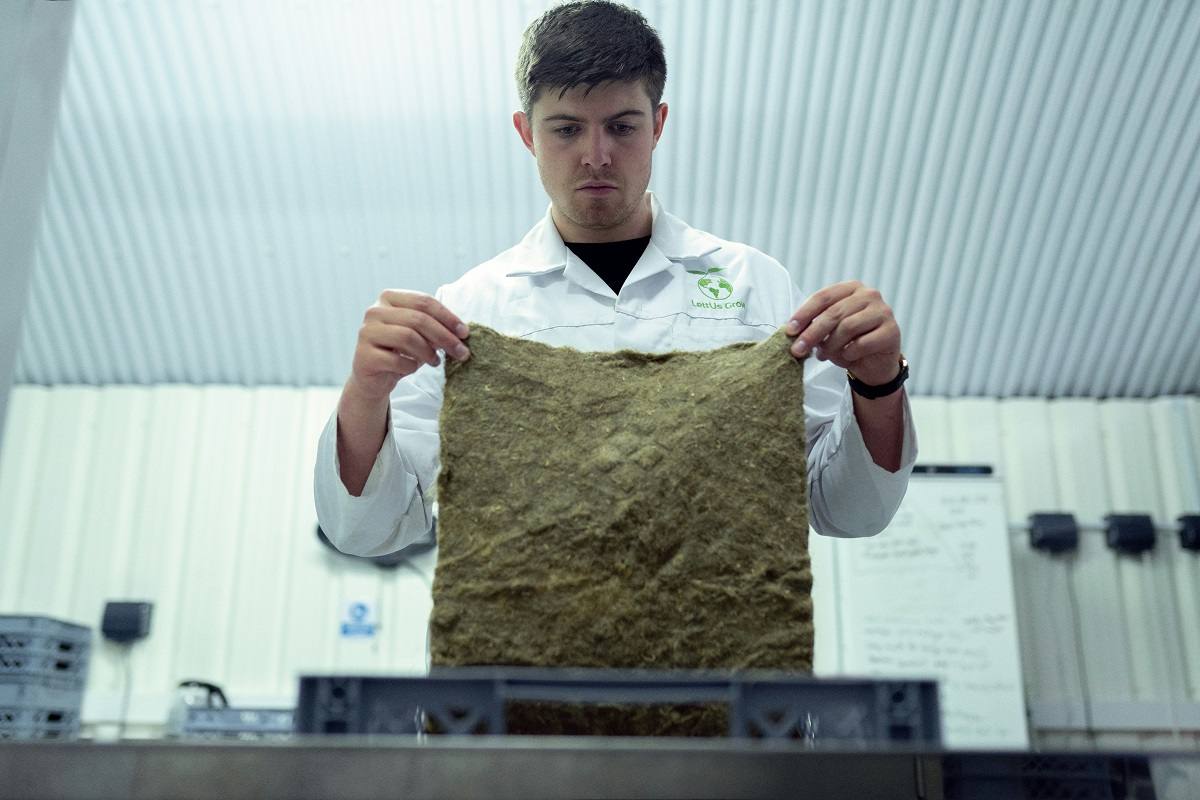What Does a Forensic Engineer Do?
A forensic engineer is a professional who investigates the causes of failures, accidents, and defects in engineering projects, structures, and products. They apply engineering principles to analyze incidents and determine why something went wrong. Forensic engineers play a crucial role in helping organizations understand the root causes of failures and preventing similar issues in the future.
Forensic engineers are often called upon to investigate a variety of cases, including building collapses, bridge failures, vehicle accidents, and product defects. Their work involves collecting evidence, analyzing data, and conducting experiments to recreate the conditions that led to a failure or accident. They use this information to develop detailed reports that explain their findings.
A key responsibility of a forensic engineer is to determine the root cause of an incident. This requires a deep understanding of engineering principles, materials science, and structural analysis. Forensic engineers often use specialized tools and equipment to conduct tests and gather evidence. They may also collaborate with other experts, such as metallurgists, structural engineers, and accident reconstruction specialists.
In addition to technical analysis, forensic engineers often provide expert testimony in legal cases. They may be asked to testify in court or participate in legal depositions to explain their findings and answer questions. This aspect of the job requires strong communication skills and the ability to present complex technical information in a clear and understandable way.
Overall, forensic engineers play a vital role in uncovering the causes of engineering failures and ensuring that safety and quality standards are upheld.
How to Become a Forensic Engineer
To become a forensic engineer, you need a combination of education, practical experience, and technical skills. The most common path begins with earning a bachelor’s degree in civil engineering, mechanical engineering, or a related field. During your studies, you’ll take courses in subjects like structural analysis, materials science, engineering mechanics, and failure analysis. These foundational courses are essential for a career in forensic engineering.
Many forensic engineers choose to pursue a master’s degree to gain specialized knowledge and improve their career prospects. Graduate programs in forensic engineering or structural engineering offer advanced coursework in topics like failure analysis, forensic investigations, and accident reconstruction. These programs often include research opportunities and internships, providing practical experience in the field.
Licensing is a crucial step for forensic engineers. In many regions, engineers must pass the Fundamentals of Engineering (FE) exam and the Professional Engineering (PE) exam to become licensed professional engineers. This certification demonstrates a high level of expertise and allows forensic engineers to take responsibility for engineering investigations and provide expert testimony in legal cases.
Practical experience is key to becoming a successful forensic engineer. Aspiring engineers can gain experience through internships, co-op programs, or entry-level positions with forensic engineering firms or consulting companies. This hands-on training allows them to work on real-world investigations, gather evidence, and develop skills in failure analysis and forensic engineering techniques.
Key skills for forensic engineers include strong analytical abilities, problem-solving, and attention to detail. They must be able to work with complex data sets and conduct experiments to determine the root cause of engineering failures. Communication skills are also important, as forensic engineers often provide expert testimony and explain their findings to non-engineers.
Forensic Engineer Salary
The salary of a forensic engineer can vary depending on factors such as experience, education, location, and industry. In the United States, the average salary for a forensic engineer ranges from $60,000 to $100,000 per year. Entry-level forensic engineers generally earn lower salaries, while those with extensive experience or specialized certifications can earn higher salaries.
Location plays a significant role in salary variations. Forensic engineers in major cities or regions with high construction activity often earn more due to the increased demand for their expertise. Additionally, the industry can impact salary, with forensic engineers working in the public sector typically earning less than those in the private sector or with large engineering consulting firms.
Beyond base salary, forensic engineers may receive additional benefits such as health insurance, retirement plans, and bonuses. Some employers offer performance-based incentives or profit-sharing plans, providing additional compensation opportunities. Career growth and salary increases are often tied to gaining experience, obtaining advanced degrees, and taking on more significant responsibilities within forensic engineering teams.
Where Does a Forensic Engineer Work?
Forensic engineers work in a variety of settings, depending on the type of cases they investigate and the industry they support. They often divide their time between office environments, laboratories, and fieldwork. This role requires adaptability, as forensic engineers must be able to work with complex data in an office setting and conduct investigations in the field.
In office settings, forensic engineers analyze data, create technical reports, and develop presentations for legal cases. They use specialized software to simulate engineering failures and visualize accident scenarios. Office work also involves collaborating with other experts, such as metallurgists and accident reconstruction specialists.
In laboratories, forensic engineers conduct experiments to test materials and determine their properties. They use various instruments and equipment to analyze structural components and understand how they behaved during a failure. Laboratory work is essential for gathering evidence and conducting failure analysis.
Fieldwork is another significant aspect of a forensic engineer’s role. They visit accident or failure sites to gather evidence, take measurements, and assess the conditions that led to an incident. This hands-on experience is crucial for understanding the context of engineering failures and gathering the necessary data for analysis.
Overall, a career as a forensic engineer offers a dynamic work environment with opportunities to work on diverse cases and contribute to the understanding of engineering failures. It’s a rewarding role for individuals interested in problem-solving, engineering, and uncovering the root causes of accidents and defects.


